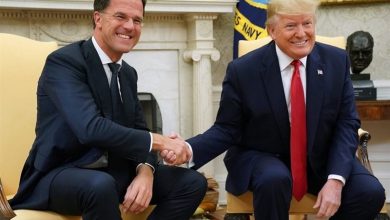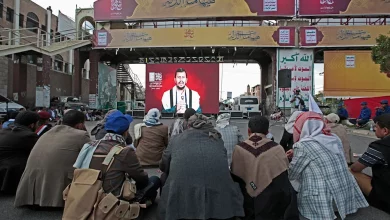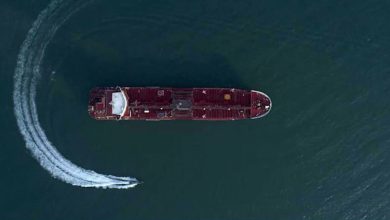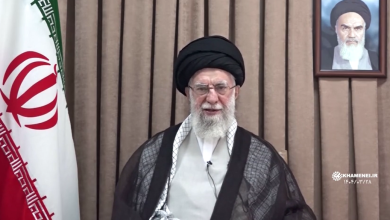Bahraini regime contributing to liquidation of Palestinian cause: Opposition
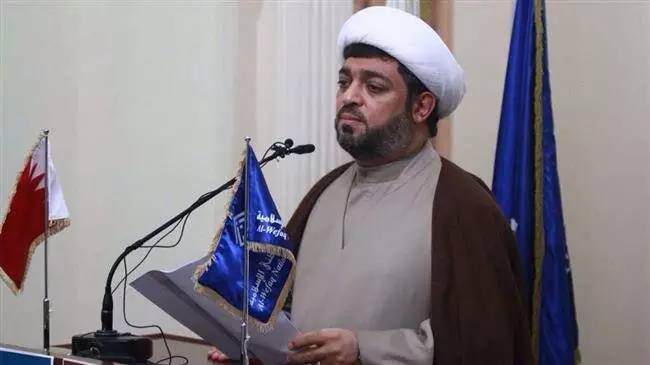
Bahrain’s main Shia opposition group, the al-Wefaq National Islamic Society, says the ruling Al Khalifah regime is contributing to the liquidation of the Palestinian cause through hosting a Washington-led conference in support of US President Donald Trump’s controversial proposal for “peace” between the Israeli regime and Palestinians, dubbed “the deal of the century.”
“The Manama regime, through hosting a US-Zionist conference next month, is helping the obliteration of the Palestinian cause in favor of the Zionist regime (of Israel), and according to Israeli conditions,” the deputy secretary general of al-Wefaq, Sheikh Hussein al-Daihi, said on Thursday.
He added, “It’s not the first time that the Bahraini regime stabs Muslims and reneges on their major issue of concern, which is Palestine. The regime has rushed to normalize ties with the Zionist entity.”

The opposition figure further noted that the Manama conference scheduled for June 25-26 is a “failed step to establish a new Middle East” according to US standards.
“The hypocrisy of those fooling with the Palestinian cause and Palestinians’ sufferings has been unmasked. Their intentions and schemes aimed at liquidation of the Palestinian cause have now been exposed,” Daihi pointed out.
The Palestine Liberation Organization (PLO) and the Hamas resistance movement have called for an Arab boycott of the Bahrain confab.

Hamas, in a statement issued on Monday, also called on Arab countries to provide the Palestinian people with every support to confront and frustrate the US “deal of the century.”
“We are following with great concern the American announcement about holding an economic workshop next June in the Bahraini capital of Manama,” Hamas said, describing it as the first American confab in support of the so-called deal of the century.
The movement also denounced any Arab participation in adopting and executing the deal, saying any attendance in the American-led Bahrain conference would be considered a deviation from Arab and Islamic values.

Trump’s “peace plan” has already been dismissed by Palestinian authorities ahead of its unveiling at the end of the holy fasting month of Ramadan and the formation of the new Israeli cabinet, most likely in June.
Speaking in the occupied West Bank city of Ramallah on April 16, Palestinian Prime Minister Mohammad Shtayyeh lashed out at the initiative, asserting it was “born dead.”

